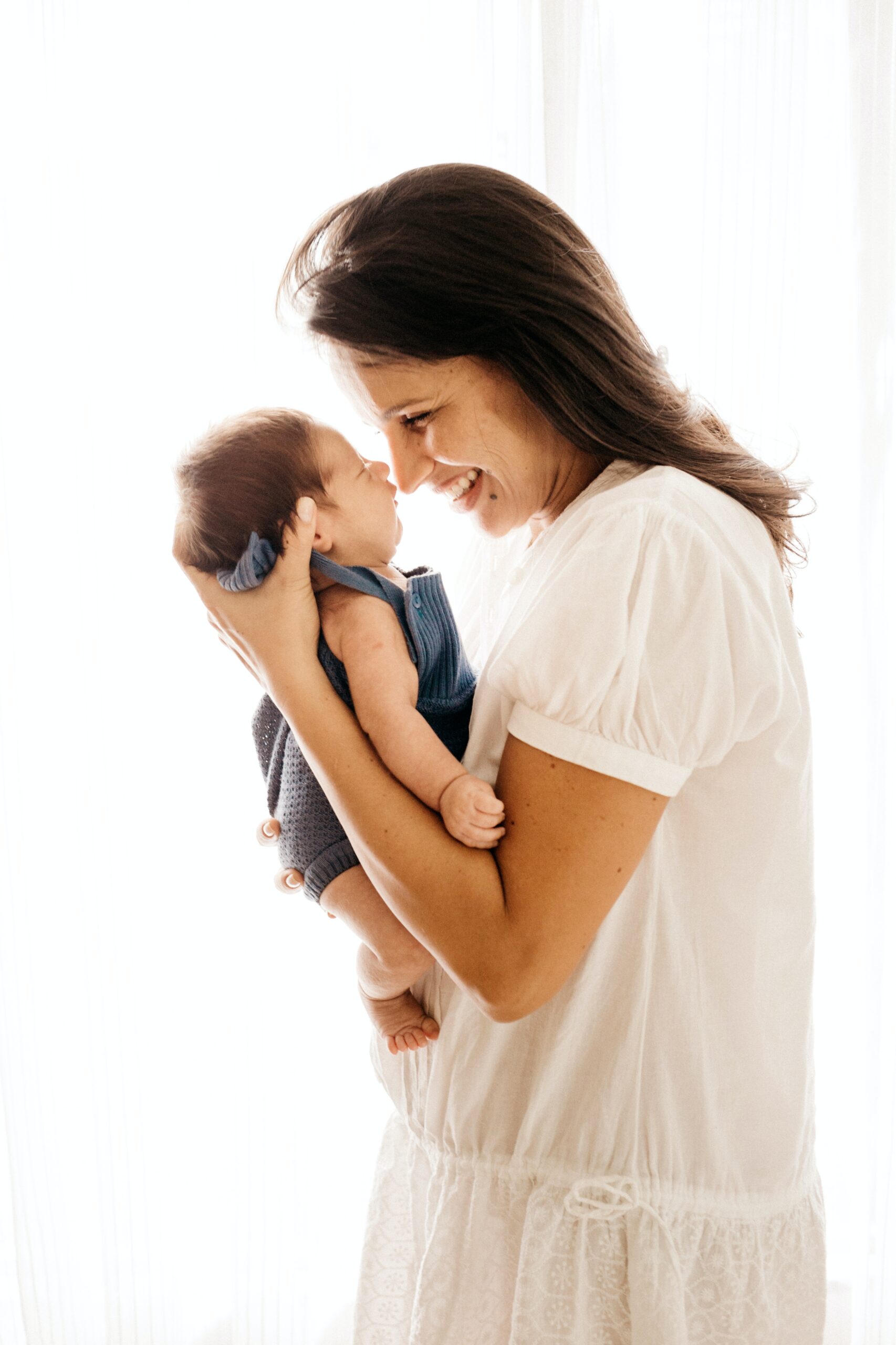CPR Training for New Parents: Why It’s Essential and How to Get It
As a new parent, your top priority is the safety and well-being of your child. One of the best things you can do to protect your child is to get CPR training. CPR, or cardiopulmonary resuscitation, is a life-saving technique that can help revive someone who has stopped breathing or whose heart has stopped beating. In an emergency, every second counts, and being trained in CPR can make all the difference.
Who Should Get CPR Training?
Everyone should learn CPR, but it is especially important for new parents. This is because young children and infants are more vulnerable to accidents and emergencies that could require CPR. In fact, the American Heart Association (AHA) recommends that all parents, grandparents, babysitters, and other caretakers of young children get CPR training.
The Importance of CPR Training for New Parents
Young Children and Infants Are at Higher Risk of Choking and Drowning.
There are several reasons why CPR training is so crucial for new parents. Firstly, young children and infants are at higher risk of choking, drowning, and other emergencies that could require CPR. Secondly, CPR training can give new parents the confidence and skills to respond quickly and effectively in an emergency. This can be especially important in the first few minutes after an emergency, as prompt action can increase the chances of survival.
Additionally, CPR training can help parents learn how to recognize the signs of a life-threatening emergency and how to perform CPR properly. This can be especially important in cases where an emergency response team may not be immediately available.
The Thrills and Jitters of New Parenthood
Becoming a first-time parent is a remarkable journey filled with joy and excitement. However, it can also bring a wave of anxiety as you start to realize that the well-being and safety of your little one are now solely in your hands. This newfound responsibility can be overwhelming for many new parents who may not have the necessary medical knowledge to handle any situation, big or small.
The constant need to seek guidance from healthcare providers, such as a pediatrician or urgent care clinic, can quickly become draining and a waste of time and resources. Additionally, unexpected emergencies may require prompt attention and swift action, leaving parents feeling unsure and helpless.
It is essential to remember that this anxiousness is a normal part of the parenting experience, and many new parents face similar feelings. With the right tools and resources, you can conquer your fears and become a confident and capable parent.
What Does CPR Training Entail?
CPR training typically involves a combination of classroom instruction and hands-on practice. During the training, participants will learn about the anatomy of the heart and lungs and how CPR works to restore circulation and breathing. They will also learn how to recognize the signs of a life-threatening emergency, perform chest compressions, and use an automated external defibrillator (AED).
In addition to traditional CPR training, there are also CPR classes specifically designed for new parents. These classes often include information on CPR for infants, as well as advice on how to prepare for and respond to emergencies.
Where to Get CPR Training
There are several places where new parents can get CPR training. One option is to take a CPR class through a local hospital or community center. Many hospitals and community centers offer CPR classes on a regular basis, and they often have certified instructors who can provide hands-on training and instruction.
Another option is to take an online CPR course. Online CPR courses are convenient, as they can be taken at any time and from any location. However, it is important to note that online CPR courses may not provide hands-on training, so be sure to check with the provider to see what is included.
Finally, new parents can get CPR training through organizations such as the American Heart Association (AHA) or the American Red Cross. These organizations offer CPR courses at a variety of levels, including courses specifically designed for new parents.
CPR Training for Everyone
The American Red Cross recommends CPR training for all people who are physically able to perform it. Cardiac arrest can occur anywhere at any time and receiving CPR can greatly increase a person’s chance of survival. Most states have “Good Samaritan” laws that protect a person who performs CPR from liability. You may never have to perform CPR on your child or another person but having this knowledge and being prepared can save a life.


